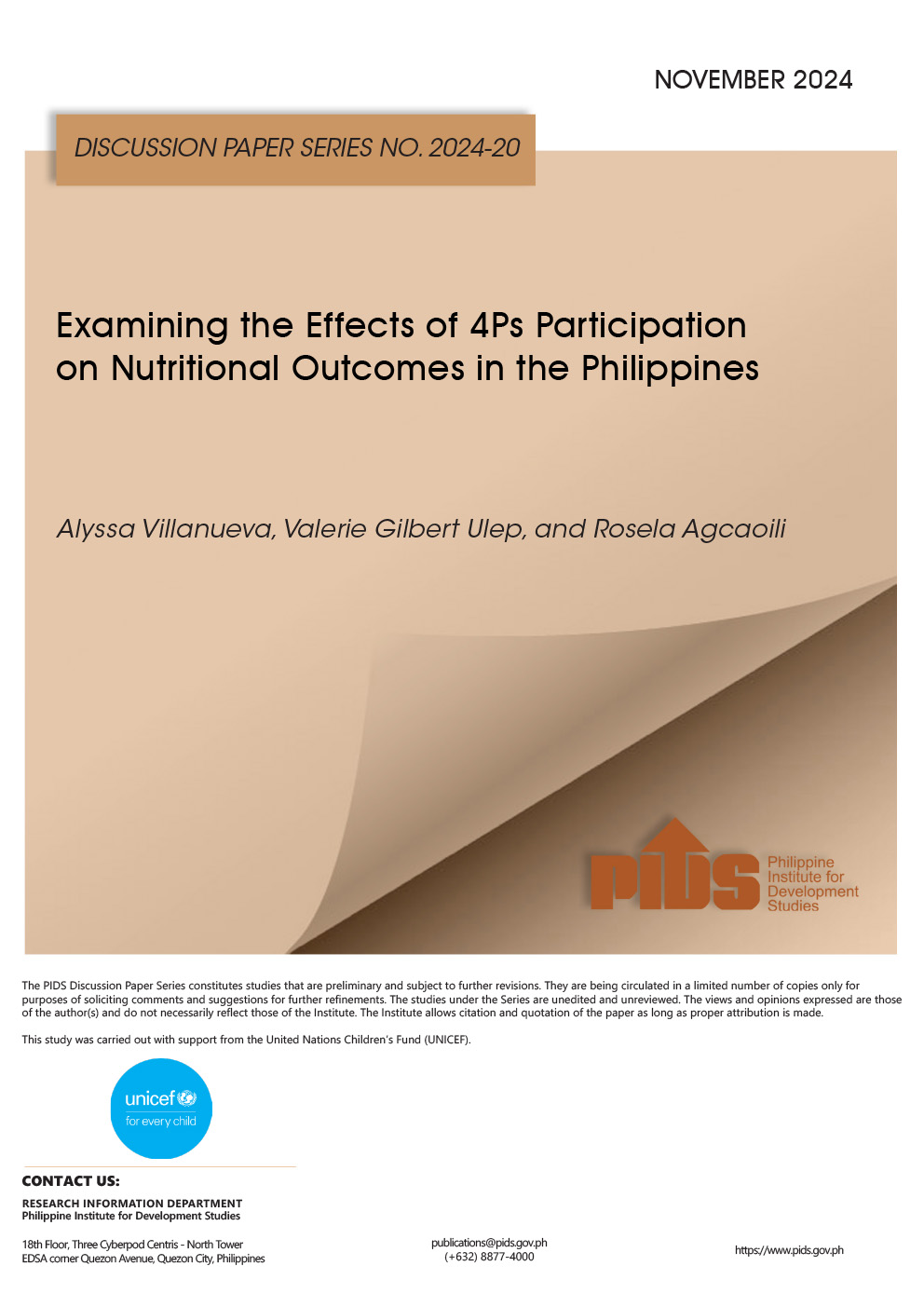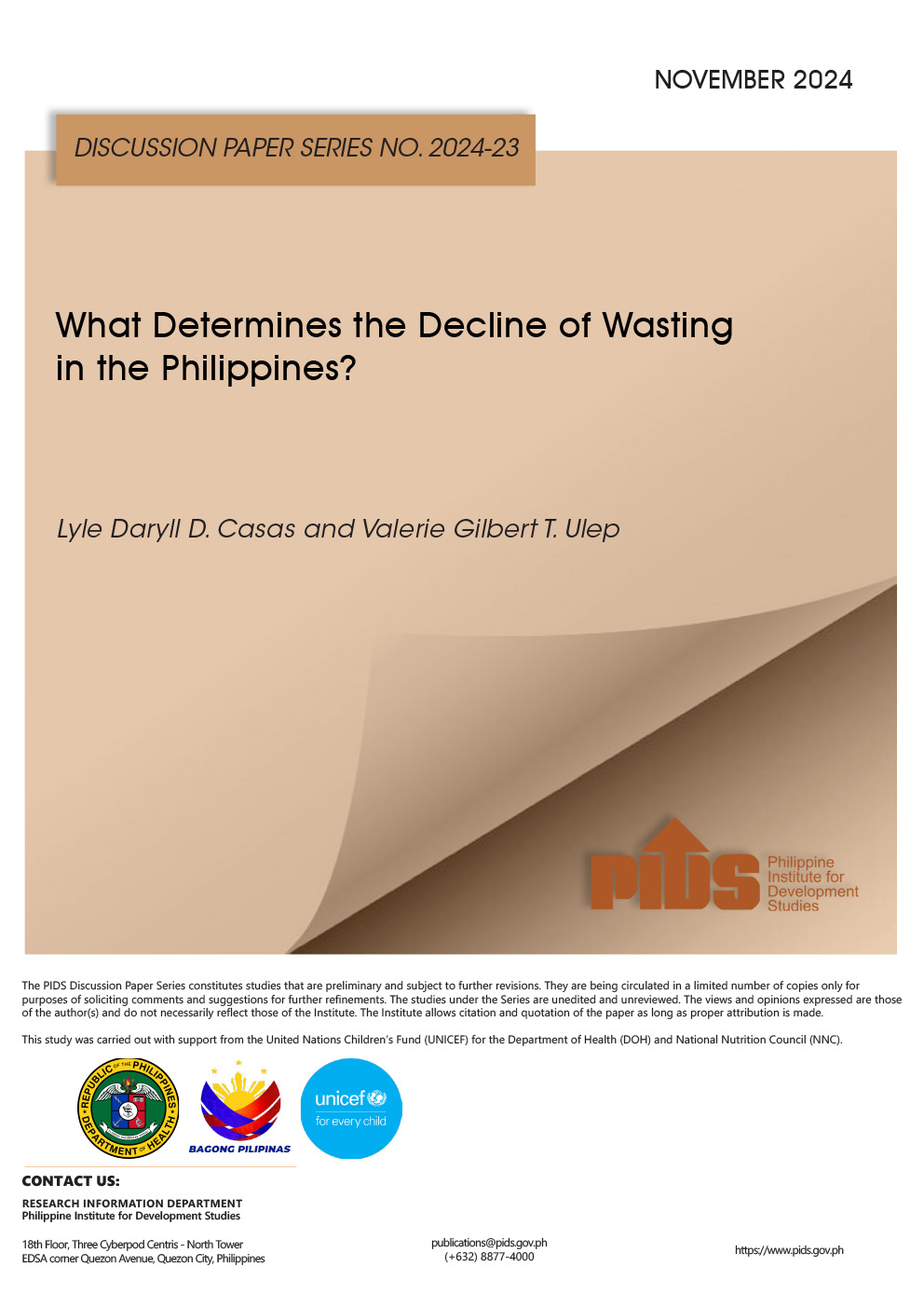While Republic Act 10354 or the Responsible Parenthood and Reproductive Health Act of 2012 mandates age and development-appropriate reproductive health education, a March study by the Philippine Institute for Development Studies reveals the lack of adequate materials and accessible teacher training for its effective implementation.
For Senator Sherwin Gatchalian, this should prompt the Department of Education to address these gaps, especially as the impact of the COVID-19 pandemic threatens to increase the number of teenage mothers nationwide.
In a recent news report, the Commission on Population and Development revealed the 46.43-percent spike in the number of teenage pregnancies in the Cordilleras, warning that lockdown measures could exacerbate the surge in teenage pregnancy in the country. In 2020, there were 2,422 babies born to teenage parents in the Cordilleras from 1,654 in 2019.
On a national scale, the pregnancies among minors aged 15 and below was up by 7 percent in 2019 compared to the previous year based on data from the Philippine Statistics Authority.
The DepEd had issued DO 31 s. 2018 to guide the delivery of comprehensive sexuality education. The PIDS study pointed out, however, that when it comes to RPRH education, “there is an apparent lack of qualified manpower, facilities, training, instructional materials, coordination and monitoring system.”
The PIDS’ focus group discussions with teachers of different subject groups revealed that the training on CSE curriculum integration was so far inadequate and inaccessible.
While most of the provisions of the law have been complied with, there is still a need for strengthened programs to realize the goals of the RPRH Law, the state think tank added.
Related Posts
Publications
Press Releases
Video Highlights
Infographics
[No related items]







